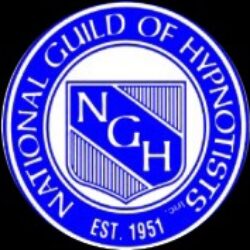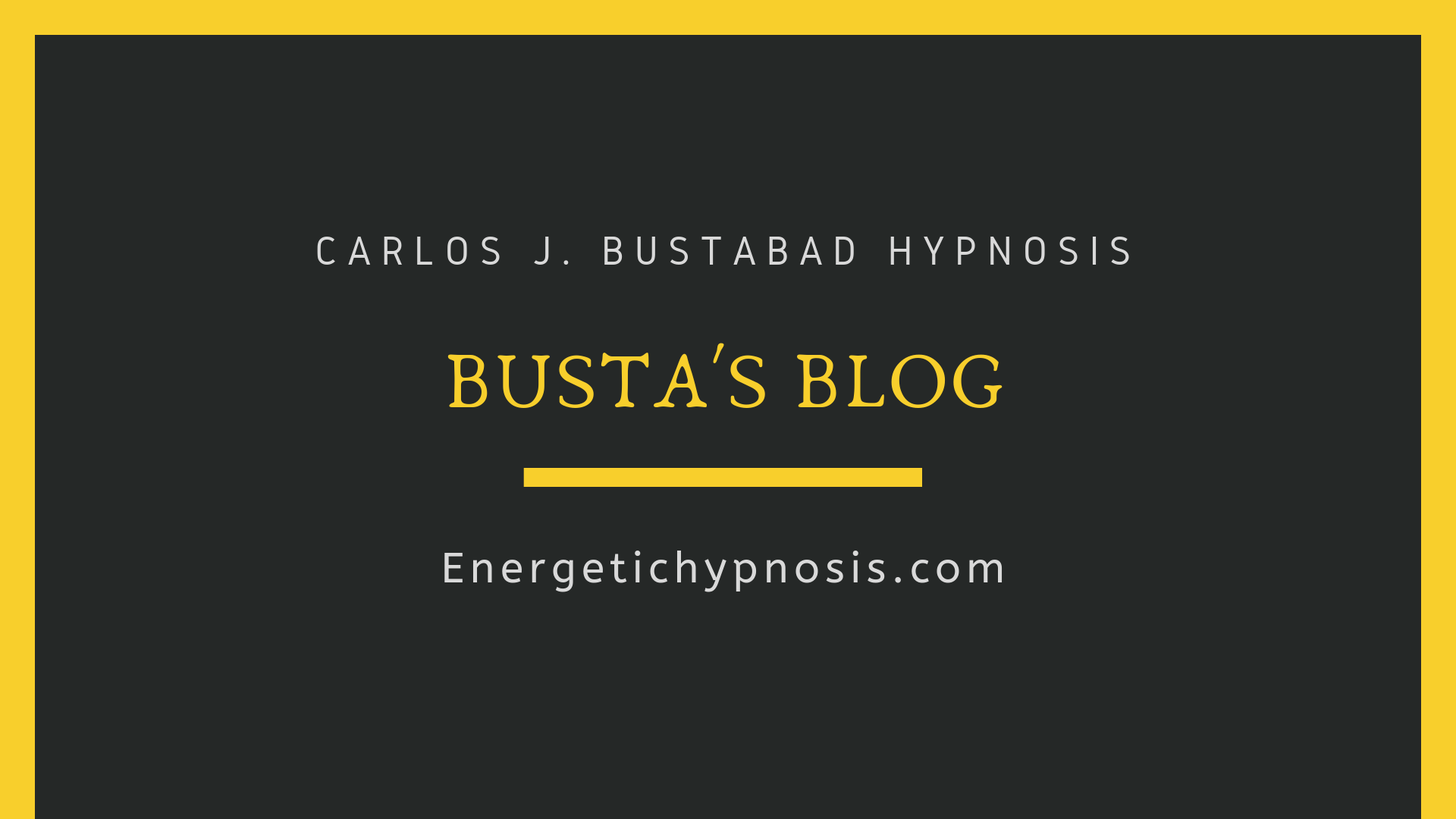Glossophobia – Fear of Public Speaking
Glossophobia, often referred to as the fear of public speaking, is one of the most common fears that affects a significant number of individuals. This apprehension can be attributed to various underlying factors. First and foremost, the fear of being judged and negatively evaluated by others plays a central role in glossophobia. Individuals often seek professional assistance or engage in various techniques aimed at bolstering their self-assurance and mitigating fear when faced with public speaking situations. Among these techniques, hypnosis stands out as an effective method for reducing or even eliminating the fear of public speaking. If you are experiencing anxious feelings related to speaking in corporate or public settings, please consider seeking a qualified hypnotist with the experience and knowledge to provide assistance.
Public speaking can be considered a fear because it triggers various emotional and physical reactions connected to being scared and anxious. Let’s break it down:
1. Being Judged: When you speak in public, you worry that people in the audience will judge you, which can make you feel nervous and unsure about yourself.
2. Physical Reactions: Just the thought of public speaking can make your heart race, your palms sweaty, and even make you feel queasy. It’s your body’s way of getting ready for what it thinks is a threat.
3. Pressure to Be Perfect: There’s often a lot of pressure to give a flawless presentation in front of others. This pressure can be overwhelming and adds to the fear.
4. Fear of Making Mistakes: Public speaking gives you many chances to mess up, like forgetting what you wanted to say or stumbling over your words. The fear of making these mistakes in front of others can make the fear worse.
5. Bad Past Experiences: If you’ve had bad experiences with public speaking before, like people making fun of you or embarrassing moments, those memories can make you really scared of doing it again.
6. Overthinking: Sometimes, people think that a small mistake will lead to a disaster, which makes the fear even stronger.
7. Lack of Confidence: If you don’t believe in your ability to speak well in public, you’ll feel even more fearful.
8. Being in the Spotlight: Speaking in public means that lots of people are watching and judging you. For those who are afraid of being rejected or criticized, this can be really scary.
9. Feeling Like It’s a Big Deal: If you think that the event is super important, the fear gets stronger because the consequences of failing seem more significant.
10. Anxious Feelings: Public speaking often involves interacting with others and engaging with the audience, which can be especially tough for people who have social anxiety.
So, to put it simply, the fear of public speaking is like a puzzle made up of these different pieces that all add up to feeling anxious and scared when you have to speak in front of others.
Claustrophobia – Fear of Enclosed Spaces
Claustrophobia is an anxiety disorder characterized by an intense fear of confined spaces or enclosed environments. This fear can trigger panic attacks and result in avoidance behaviors. Symptoms may include:
- Difficulty breathing or a feeling of suffocation.
- Rapid heartbeat or chest tightness.
- Sweating, trembling, or dizziness.
- Panic or overwhelming fear in enclosed spaces like elevators, airplanes, or crowded areas.
- How Hypnosis Can Benefit Clients with Claustrophobia.
- Hypnosis is a therapeutic technique that uses deep relaxation and focused attention to address subconscious fears and reframe negative thought patterns.
Stress Reduction: Hypnosis promotes relaxation and helps the client manage the stress and tension associated with their fear.
Identifying Root Causes: Hypnosis can uncover the underlying events or triggers that contribute to claustrophobia, allowing for targeted intervention.
Reprogramming Negative Beliefs: Through guided suggestions, hypnosis can help replace irrational fears of confined spaces with a sense of control and calmness.
Building Coping Mechanisms: It equips clients with mental tools and relaxation techniques to handle anxiety when faced with confined spaces.
Increased Confidence: Regular hypnosis sessions can boost self-assurance, making clients feel more empowered to face their fears.
Supporting Behavioral Change: Hypnosis complements exposure therapy or other treatments by easing the process of confronting fears in a controlled and safe manner.
Improved Quality of Life: By reducing the impact of claustrophobia on daily activities, hypnosis can enhance overall well-being and freedom.
This approach works best as part of a comprehensive treatment plan, potentially combined with cognitive-behavioral therapy or counseling.
What is Mesmerism?
History of Hypnosis
Anton Mesmer was a German physician in the 18th century, famous for his theory of animal magnetism, also known as mesmerism. He believed that there was a natural energy that flowed through all living beings, including humans, which could be used for healing and balance in the body.
During the 1770s and 1780s, Mesmer’s ideas became popular, and he demonstrated his theories using techniques like “mesmeric passes” or hand gestures to control this magnetic force. He claimed these techniques could put patients into a trance-like state and help with physical and mental problems.
However, Mesmer faced doubts and controversy from the medical community. In the late 1780s, a committee appointed by King Louis XVI of France, which included famous scientists like Benjamin Franklin and Antoine Lavoisier, investigated Mesmer’s practices. They concluded that the effects were due to imagination and suggestion rather than an actual magnetic force.
Despite the skepticism, Mesmer’s ideas influenced the study of hypnosis and the mind-body connection in medicine and psychology. Although his animal magnetism theory was eventually disproven, his work made significant contributions to understanding human consciousness and the power of suggestion.
The Origin of Hypnosis
The word “hypnosis” has an interesting history and origin. It was coined in the mid-19th century by James Braid, a Scottish physician and surgeon. He derived the term from the Greek word “hypnos,” meaning sleep. However, Braid later realized that hypnosis wasn’t actually a form of sleep but rather a trance-like state, which he then tried to rename as “monotheism.” Despite his efforts, the term “hypnosis” had already gained popularity and stuck.
Here is a list of some of the very first hypnotists.
1. Franz Mesmer (1734-1815): Although not originally using the term “hypnosis,” Mesmer was an influential figure in the history of mesmerism, which laid the groundwork for later hypnotic practices.
2. James Braid (1795-1860): He is credited with coining the term “hypnosis” and is considered one of the pioneers in the scientific study and understanding of hypnosis as a trance-like state.
3. Étienne Eugène Azam (1822-1899): A French physician who used hypnosis to treat patients, and his work contributed to the recognition of hypnosis as a valuable therapeutic tool.
4. Jean-Martin Charcot (1825-1893): A prominent French neurologist who explored the use of hypnosis in the treatment of neurological disorders.
5. Hippolyte Bernheim (1840-1919): A French physician who furthered the medical acceptance of hypnosis and emphasized its role in suggestion and psychology.
6. Ambroise-Auguste Liébeault (1823-1904): Another French physician who used hypnosis in his medical practice and played a significant role in advancing its credibility.
These early pioneers of hypnosis laid the foundation for its use in medicine and psychology, shaping the field and leading to further exploration of the mind’s
Differences Between a Habit and an Addiction
A habit and an addiction are related but distinct concepts. A habit is a behavior that we regularly engage in without much conscious thought. It is often acquired through
repetition and can be either positive or negative. For example, brushing your teeth every morning is a positive habit.
On the other hand, an addiction is a more complex and compulsive relationship with a substance or activity that creates a strong craving, dependency, and difficulty in stopping or controlling it. Addiction is often characterized by the loss of control and negative consequences.
In the case of smoking, it can start as a habit but can progress into an addiction due to the addictive properties of nicotine.
In summary, smoking can begin as a habit, where a person engages in it regularly, but if it becomes difficult to quit and is accompanied by intense cravings and negative effects when not indulged, it can transition into an addiction.
What Does Nicotine Do to a Person’s Brain?
Nicotine is a chemical compound found in tobacco products, such as cigarettes. When a person smokes or uses tobacco, nicotine enters the bloodstream and travels to the brain.
In the brain, nicotine interacts with certain receptors called nicotinic acetylcholine receptors (nAChRs). These receptors are normally involved in the transmission of signals between brain cells (neurons) by a neurotransmitter called acetylcholine. When nicotine binds to these receptors, it triggers the release of various neurotransmitters, including serotonin and dopamine. Serotonin and dopamine are both
important chemicals in the brain that play a role in regulating mood, pleasure, and motivation.
Nicotine increases the release of dopamine in particular, which leads to feelings of pleasure and reward. This is why smoking or using tobacco products can create a temporary sense of pleasure or satisfaction. Dopamine is involved in the brain’s reward system, and it reinforces the desire to repeat behaviors that lead to its release. Additionally, nicotine affects serotonin levels in the brain. Serotonin is a neurotransmitter that helps regulate mood, sleep, and appetite. While nicotine initially
causes a release of serotonin, over time it can lead to a decrease in the number of serotonin receptors in the brain. This can disrupt the normal functioning of serotonin and contribute to mood changes and addiction.
It’s important to note that nicotine addiction can have various negative effects on health, including increased heart rate, constricted blood vessels, and an increased risk of cardiovascular diseases and lung problems. Quitting smoking or avoiding tobacco use is beneficial for overall health and well-being. I hope this explanation helps you understand the process of nicotine and its impact on serotonin and dopamine release! Let me know if you have any further questions.
Hypnosis is the Fastest and Safest Way to Help with Smoking Cessation
Hypnosis is sometimes used as a tool to help individuals quit smoking. During a hypnosis session, a trained professional guides the person into a relaxed and focused state of mind.
In this state, the person becomes more receptive to suggestions and imagery. The aim of hypnosis for smoking cessation is to access the subconscious mind and reframe the person’s thoughts, beliefs, and associations related to smoking. By suggesting new positive associations with not smoking, such as improved health, freedom, or personal empowerment, the goal is to weaken the desire to smoke and reinforce the motivation to quit.
It’s important to note that the effectiveness of hypnosis for smoking cessation can vary from person to person. Some individuals may respond positively and experience a reduction in smoking cravings, while others may not find it as beneficial. It’s often recommended to combine hypnosis with other evidence-based methods, such as counseling, support groups, or medications, for the best chance of success in quitting smoking.
Similarminds – Jung Test
Are the tests free? yes, provided you take them directly on the similarminds website
Link to my site with permission. Tim Flynn
Can I post a link to your tests on my website? yes
http://similarminds.com/jung_word_pair.html in the


